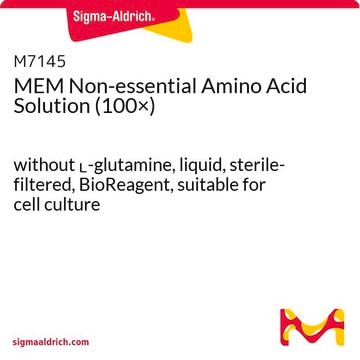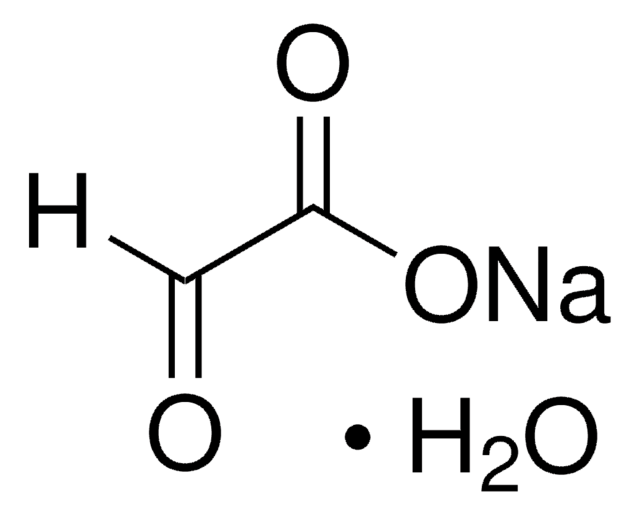P4562
Sodium pyruvate
powder, BioXtra, suitable for mouse embryo cell culture
Synonym(s):
α-Ketopropionic acid sodium salt, 2-Oxopropanoic acid sodium salt, Pyruvic acid sodium salt
About This Item
Recommended Products
product line
BioXtra
Quality Level
Assay
≥99%
form
powder
technique(s)
cell culture | embryo: suitable
mp
>300 °C (lit.)
solubility
H2O: 100 mg/mL
storage temp.
2-8°C
SMILES string
[Na+].CC(=O)C([O-])=O
InChI
1S/C3H4O3.Na/c1-2(4)3(5)6;/h1H3,(H,5,6);/q;+1/p-1
InChI key
DAEPDZWVDSPTHF-UHFFFAOYSA-M
Looking for similar products? Visit Product Comparison Guide
General description
Application
- as a supplement in Ca2+ + N-Tris(hydroxymethil)methyl-2-aminoethanesulfonic acid (TES)–NaCl medium for sperm incubation
- as a supplement in TCM-199 hepes modification solution for cumulus-oocytes complexes (COC′s) culture
- as a supplement in Dulbecco′s modified Eagle medium (DMEM) to culture mouse primary hepatocytes (MPHs) and also to intraperitoneally inject fasted mice for glucose production assessment
Biochem/physiol Actions
Signal Word
Warning
Hazard Statements
Precautionary Statements
Hazard Classifications
Eye Irrit. 2 - Skin Sens. 1B
Storage Class Code
13 - Non Combustible Solids
WGK
WGK 1
Flash Point(F)
Not applicable
Flash Point(C)
Not applicable
Personal Protective Equipment
Certificates of Analysis (COA)
Search for Certificates of Analysis (COA) by entering the products Lot/Batch Number. Lot and Batch Numbers can be found on a product’s label following the words ‘Lot’ or ‘Batch’.
Already Own This Product?
Find documentation for the products that you have recently purchased in the Document Library.
Customers Also Viewed
Articles
Ultrapure water from Milli-Q® system shown free of BPA, suitable for embryology research, minimizing endocrine disruptor interference.
Mouse embryo media and embryo validated reagents for transgenic mouse embryo culture
Our team of scientists has experience in all areas of research including Life Science, Material Science, Chemical Synthesis, Chromatography, Analytical and many others.
Contact Technical Service









